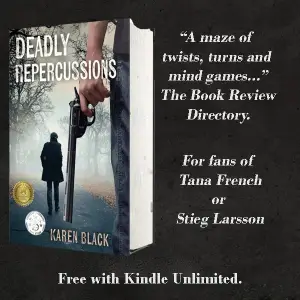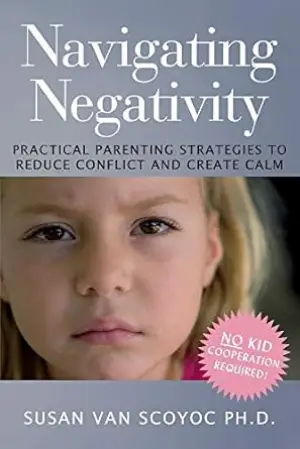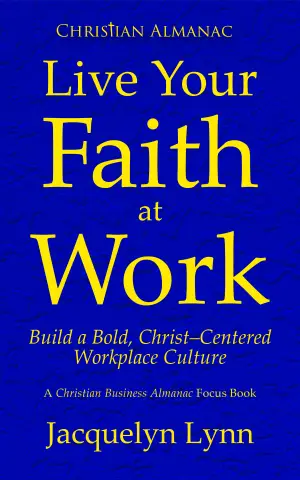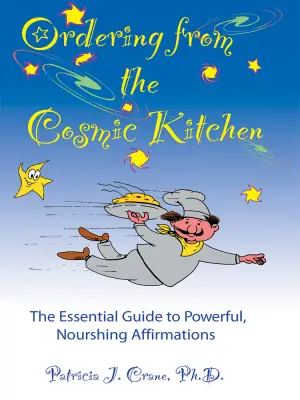Good Girl by Aria Aber: A Tumultuous Journey Through Identity and Chaos
From the moment I stumbled upon Aria Aber’s Good Girl, I was intrigued. The book’s title, seemingly innocuous, promised an exploration of deeper themes—identity, the search for belonging, and the haunting specter of trauma. Aber, a debut author with Afghan roots herself, crafts a poignant narrative that dives into the psyche of Nilab Haddadi, a 19-year-old Afghan woman navigating the chaotic landscape of Berlin. While the premise had me captivated, the execution felt disjointed and ultimately left me feeling a bit lost.
Nilab’s journey unfolds against a backdrop of violence and disillusionment within her relationships—particularly with Marlowe Woods, a struggling 36-year-old American writer. Their toxic bond embodies the essences of desperation and yearning for connection, set in the vibrant yet daunting club scene of Berlin. As Nilab drifts through night after night of pulsating music and numbing drugs, we catch glimpses of her profound desire to embrace life as a photographer and an artist. Yet, her struggles also reflect a life marred by the trauma of a lost mother and the burden of her Afghan heritage.
Aber’s writing style, at times, dazzles with poetic flair. Lines like, “Ihr eisiger Ton gab ihre Verletzlichkeit preis, ihre Stimme war wie die Oberfläche eines tauenden Sees,” showcase a talent for lush imagery. However, the occasional overreach into heavy metaphors felt misplaced, disrupting the narrative’s flow rather than enhancing it. The storytelling oscillated between moments of intensity and scenes that felt disappointingly stagnant, leading to a reading experience that often left me frustrated rather than fulfilled.
One quote stood out: "Lange Zeit dachte ich, ich sei ein Monster." This reflection from Marlowe encapsulates the core of Good Girl, resonating with Nilab’s sense of self-loathing and her quest for validation. Yet, rather than fully exploring these themes, the narrative tends to circle around them, preventing Nilab from evolving in any meaningful way. As she spirals into a world of excess, the storyline becomes almost dissociative, mirroring her fragmented sense of identity—an intriguing concept, yet ultimately rendering the characters lifeless and uninspiring.
Despite its flaws, Good Girl offers a haunting reflection on youth misplaced, the search for identity in an unforgiving world, and the pain of familial disconnection. While it may not deliver the cathartic resolution many readers look for, it effectively stirs conversations about the struggles of first-generation immigrants and the pursuit of artistic dreams amidst chaos.
For those who enjoy a blend of raw emotion and poetic lyricism, this book may resonate deeply. It might appeal more to readers interested in character studies than those seeking a traditional narrative arc. Personally, Good Girl was a bittersweet experience—one that I appreciated for its ambition and vision, but one that ultimately left me yearning for a more cohesive storytelling approach.
In the world of contemporary literature, sometimes it’s the messiest stories that speak the loudest. While Aber’s work may not be for everyone, it serves as a compelling reminder of how one’s past can ripple through the present, shaping and often complicating the journey towards self-discovery.
Discover more about Good Girl on GoodReads >>






